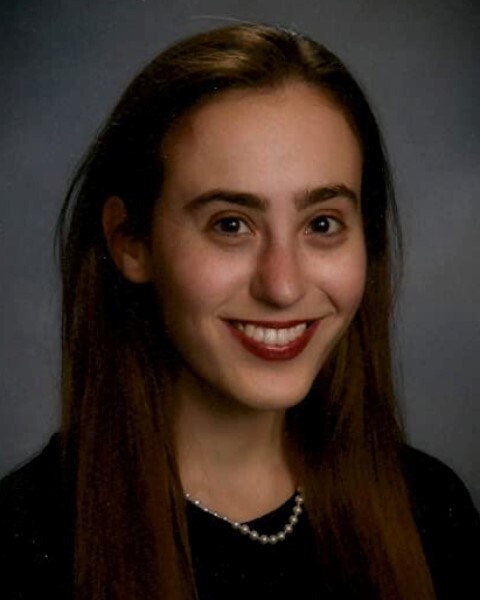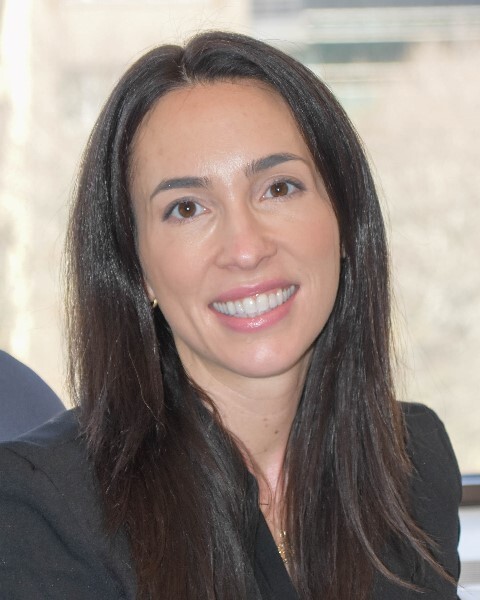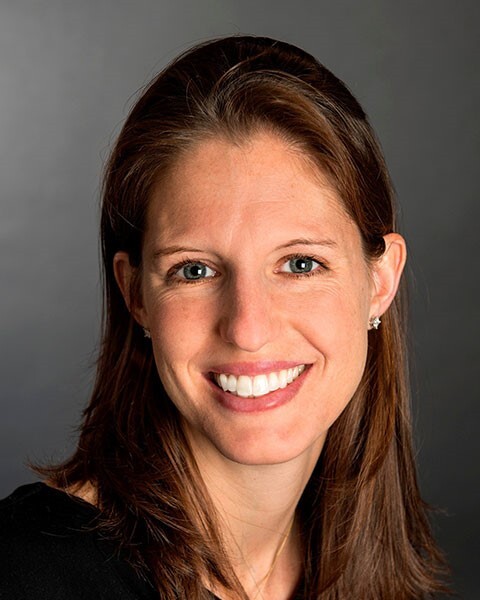
Recorded Mini Workshop #10- Innovative Treatment Approach for Bipolar Disorder: The Focused Integrated Team-based Treatment Program for Bipolar Disorder (FITT-BD) (2023 CONVENTION RECORDING)
-
Register
- Non-member - $35
- Member - $25
- Student - $15

Alexandra K. Gold, Ph.D.
Clinical Fellow in Psychology
Massachusetts General Hospital
Boston, Massachusetts

Amy Peters, Ph.D.
Assistant Professor
Massachusetts General Hospital
Boston, Massachusetts

Christina Temes, Ph.D.
Director of Psychology, Dauten Center for Bipolar Treatment Innovation
Massachusetts General Hospital
Boston, Massachusetts

Louisa Sylvia, Ph.D. (she/her/hers)
Associate Professor
Massachusetts General Hospital
Boston, Massachusetts
Recorded on Saturday, November 18, 2023 at the 57th Annual ABCT Convention in Seattle, WA
1.5 CE Credits Awarded
$15 Student ABCT Members / $25 ABCT Members / $35 Non-Members
All prices listed in US currency
Abstract:
Bipolar disorders rank as the 17th leading source of disability among all diseases worldwide given their chronic course, debilitating symptoms, and high (> 70%) comorbidity with other psychiatric and medical conditions. As such, a thoughtful and comprehensive approach to managing bipolar disorder is required. The Focused Integrated Team-based Treatment Program for Bipolar Disorder (FITT-BD) was developed to include the best treatment practices for bipolar disorder while maximizing accessibility to care. Thus, FITT-BD is a team-based, goal-oriented, patient-centered, stepped care and multi-disciplinary program centered on a learning healthcare system model (i.e., patients complete standardized assessments regularly that are incorporated into their treatment in real-time). In today’s workshop, we will teach the core aspects of the FITT-BD program, review case examples to demonstrate how it works as well as provide guidance on how to implement similar programs at other institutions. Dr. Alexandra Gold will provide an overview of the program and its different components as well as summarize the rationale for the multi-faceted approach. Dr. Louisa Sylvia will demonstrate the FITT-BD online platform, discuss the lessons learned in developing it, and present strategies to implementing it at other organizations. Dr. Christina Temes will present a case example to demonstrate the stepped care approach for bipolar disorder and describe how the stepped care model works (i.e., with real-time feedback from patient reported outcomes). Finally, Dr. Amy Peters will share a case example on the integration of neuropsychological assessments, highlighting the team-based and multi-disciplinary nature of the FITT-BD program and how this occurs in a stepped care program. This workshop will demonstrate a new model for the treatment of bipolar disorder that increases accessibility to care while improving outcomes. Presentation Outline: 1. We will provide an overview of the Focused Integrated Team-based Treatment Program for Bipolar Disorder (FITT-BD), a comprehensive and team-based program for treating bipolar disorder that incorporates stepped care and learning healthcare system models. 2. We will review the online patient-facing platform for FITT-BD, how it is utilized for patient care, lessons learned in developing this platform, and how a similar platform could be implemented at other institutions. 3. We will demonstrate a stepped care approach for treating bipolar disorder and how this approach is integrated into the FITT-BD program via a case example. 4. We will demonstrate how neuropsychological assessments are integrated into the FITT-BD program via a case example.
Outline:
• Define a stepped care model and provide an example of when a patient might move up the stepped care “ladder.”.
• Define patient-centered, team-based care and provide an example of how this approach might improve outcomes.
• Define learning healthcare systems and provide an example of how real-time data could inform the treatment of bipolar disorder.
• Describe one behavioral skill that can improve depressive symptoms among individuals with bipolar disorder.
• Describe the clinical course features that differentiate bipolar disorder with ADHD comorbidity from the cognitive symptoms of depression or mania.
• Long-Term Goals: Develop a comprehensive understanding of how stepped care approaches and learning healthcare system models can be applied in the treatment of bipolar disorder
• Long-Term Goals: Develop proficiency in clinical approaches for the treatment and diagnostic assessment of bipolar disorder
Learning Objectives:
At the end of this workshop, the learner will be able to:
1. Define a stepped care model and provide an example of when a patient might move up the stepped care “ladder.”.
2. Define patient-centered, team-based care and provide an example of how this approach might improve outcomes.
3. Define learning healthcare systems and provide an example of how real-time data could inform the treatment of bipolar disorder.
4. Describe one behavioral skill that can improve depressive symptoms among individuals with bipolar disorder.
5. Describe the clinical course features that differentiate bipolar disorder with ADHD comorbidity from the cognitive symptoms of depression or mania.
6. Long-Term Goals: Develop a comprehensive understanding of how stepped care approaches and learning healthcare system models can be applied in the treatment of bipolar disorder
7. Long-Term Goals: Develop proficiency in clinical approaches for the treatment and diagnostic assessment of bipolar disorder
Recommended Readings:
1. Seekles W, van Straten A, Beekman A, van Marwijk H, Cuijpers P. Stepped care treatment for depression and anxiety in primary care. a randomized controlled trial. Trials. 2011;12:171.,
2. Budrionis A, Bellika JG. The Learning Healthcare System: Where are we now? A systematic review. J Biomed Inform. 2016;64:87-92.,
3. Bauer MS, McBride L, Williford WO, Glick H, Kinosian B, Altshuler L, Beresford T, Kilbourne AM, Sajatovic M; Cooperative Studies Program 430 Study Team. Collaborative care for bipolar disorder: part I. Intervention and implementation in a randomized effectiveness trial. Psychiatr Serv. 2006;57:927-36., ,
****************************************
All attendees will receive a certificate of completion when the course requirements are satisfied. Certificate of completion is included in the cost of the webinar
The Association for Behavioral and Cognitive Therapies incurs significant administrative cost related to your registration before a webinar. Therefore, there are no refunds for live webinars. If you unable to attend a webinar, we will provide you with the recorded version after the live presentation (which is still eligible for CE credit). If you wish to cancel or request to transfer your webinar registration to another webinar please email your request to membership@abct.org.
ABCT is approved by the American Psychological Association to sponsor continuing education for psychologists. ABCT maintains responsibility for this program and its content
The Association for Behavioral and Cognitive Therapies has been approved by NBCC as an Approved Continuing Education Provider, ACEP No. 5797. Programs that do not qualify for NBCC credit are clearly identified. The Association for Behavioral and Cognitive Therapies is solely responsible for all aspects of the programs
The Association for Behavioral and Cognitive Therapies is recognized by the California Board of Behavioral Sciences for Marriage and Family Therapist (MFT) to offer continuing education as Provider #4600
Association for Behavioral and Cognitive Therapies (ABCT), is recognized by the New York State Education Department’s State Board for Psychology as an approved provider of continuing education for licensed psychologists #PSY-0124

